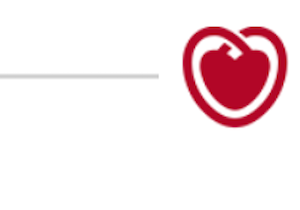
March 1, 202 — One in three people worldwide will develop a potentially life-threatening heart rhythm disorder in their lifetime, yet awareness remains critically low. On March 1 — Pulse Day (Global Arrhythmia Awareness Day) — cardiologists from the European Heart Rhythm Association (EHRA) urged communities and healthcare systems to "Feel the Pulse" and take simple steps to raise awareness of these serious but often overlooked conditions.
Heart rhythm disorders, also known as cardiac arrhythmias, occur when the heart's electrical conduction system malfunctions, causing the heart to beat too quickly, slowly, or irregularly. While some heart rhythm disorders are harmless, others can lead to severe complications.
The most common heart rhythm disorder, atrial fibrillation, has seen a marked rise in global prevalence, from 33.5 million cases in 2010 to 59 million in 2019. Projections suggest that the number could increase by more than 60% in 2050.
"Heart rhythm disorders are a silent epidemic," says Professor Julian Chun, Chair of the EHRA's Scientific Initiatives Committee. "Their prevalence is increasing dramatically, yet many people remain unaware of the risks and symptoms."
"There are also widespread misconceptions about who can be affected," Professor Helmut Pürerfellner, EHRA President says. "A common myth exists that heart rhythm disorders only impact older adults, but people of all ages and fitness levels can develop these conditions, often without warning. Such misconceptions can delay diagnosis and treatment, putting lives at risk."
Dr. Melanie Gunawardene, Senior Cardiology Physician at Asklepios Hospital St. Georg in Hamburg, Germany, explains, "One of the simplest and most effective actions you can take is to check your pulse. A typical heart rate should fall between 60 to 100 beats per minute. If you notice an unusually high, low or irregular rhythm, don't worry – there are many possible causes for these variations, not all of which are linked to serious heart conditions. However, it's important to consult a healthcare professional for further evaluation, as early detection and intervention can help minimize potentially serious complications in later life."


 December 19, 2025
December 19, 2025 









